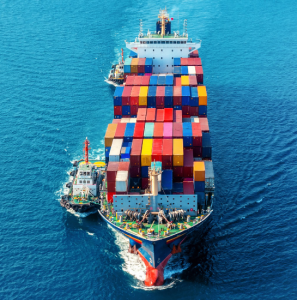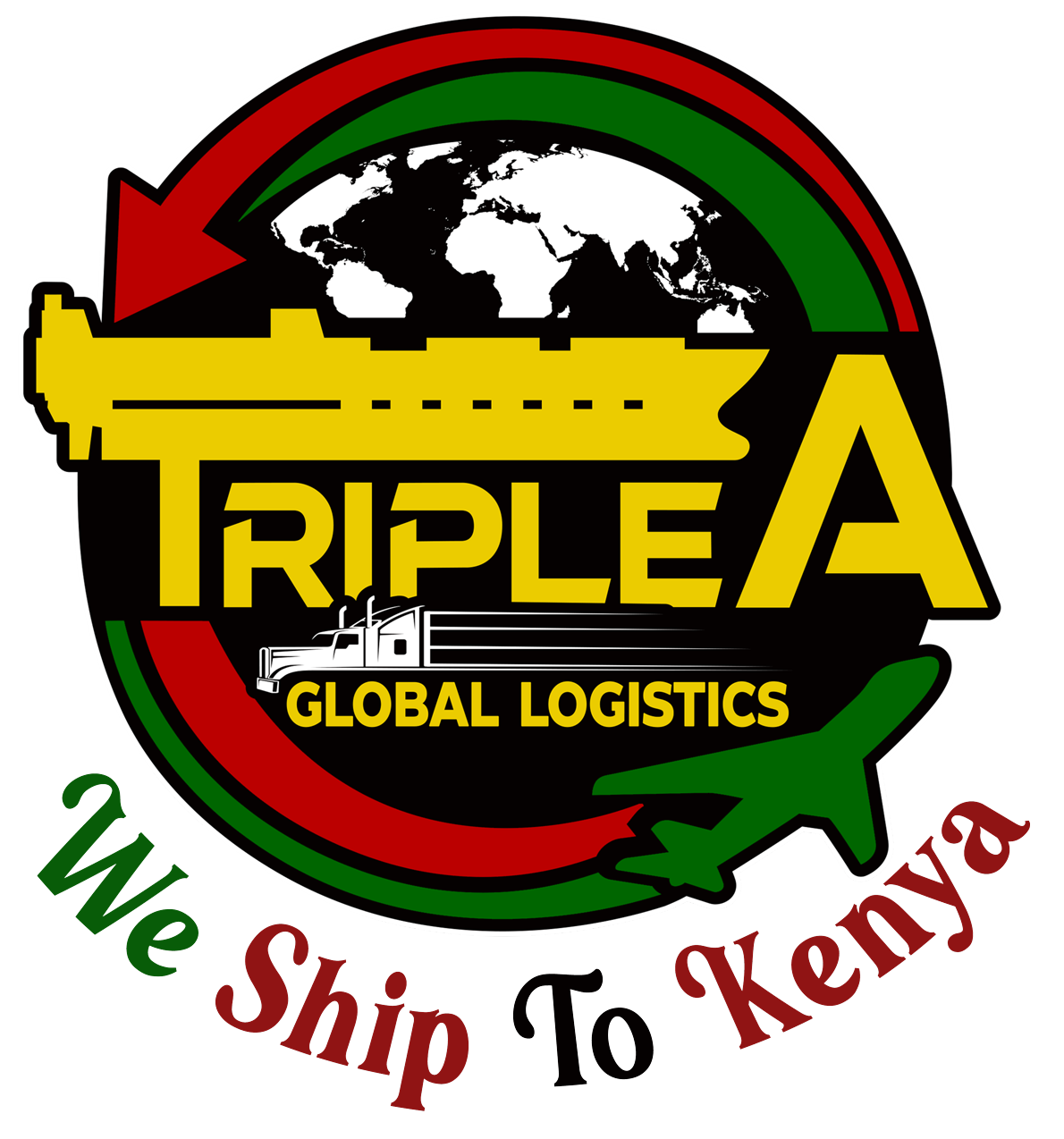Call Us:
+44 7800 648 660
+254 111 81 81 81
Mail Us:
info@tripleafreight.co.uk
Triple A
 Kenya, known for its stunning landscapes, diverse wildlife, and vibrant culture, is also a vital hub for international trade and commerce in East Africa. With its strategic location along the Indian Ocean, Kenya to UK boasts a bustling maritime industry, making cargo shipping a crucial aspect of its economy. In this comprehensive guide, we delve into the intricacies of Kenya cargo shipping, exploring the processes, challenges, and opportunities within this dynamic sector.
Kenya, known for its stunning landscapes, diverse wildlife, and vibrant culture, is also a vital hub for international trade and commerce in East Africa. With its strategic location along the Indian Ocean, Kenya to UK boasts a bustling maritime industry, making cargo shipping a crucial aspect of its economy. In this comprehensive guide, we delve into the intricacies of Kenya cargo shipping, exploring the processes, challenges, and opportunities within this dynamic sector.
Comments
I enjoy what you guyss tnd to bee up too. This kind of clever work and exposure!
Keep up the amazing works guys I’ve included you guys tto
my own blogroll. https://Yv6Bg.Mssg.me/
Hi there! This is my 1st comment here so I just wanted tto give a quick shout out and tell you I genuinely enjoy reading your blog posts.
Can yyou recommend any other blogs/websites/forums that go
ver the same topics? Thanks a ton! https://volunteeri.com/companies/tonebet-casino/
The slot comes with a reward of 7,500 coins, and it has to be on reel 1. However, a symbol that helps you to create a winning combination by substituting all other symbols except the scatter. The probability of winning at an online casino. Once in a while content builders roll out massive hits that gain worldwide recognition. Pragmatic has quite a few of them, including Gates of Olympus. It features a fantastic scatter pays engine that contributes a lot to the success of the pokie machine, because who doesn’t love the idea of being paid without similar symbols forming certain patterns or landing on adjacent reels. Once in a while content builders roll out massive hits that gain worldwide recognition. Pragmatic has quite a few of them, including Gates of Olympus. It features a fantastic scatter pays engine that contributes a lot to the success of the pokie machine, because who doesn’t love the idea of being paid without similar symbols forming certain patterns or landing on adjacent reels.
https://zilong168.com/skycrown-casino-review-ultimate-experience-for-australian-players/
Book of Dead is an enormously popular title from Play’n Go, featuring 5 reels with 10 paylines, and an exciting bonus round with expanding symbols free spins. Dive into the tombs of the Pharaohs and dust the sand off the scattered books to in search of the riches of kings. You’ll discover rings, crowns, and an hourglass on the 6×5 grid, while lower-value symbols include sparkling gems of various shapes and sizes. The most powerful Greek god of all, Zeus, appears as a bonus symbol, and he’s also floating around behind the reels, in the mythical seat of the gods. This website is using a security service to protect itself from online attacks. The action you just performed triggered the security solution. There are several actions that could trigger this block including submitting a certain word or phrase, a SQL command or malformed data.